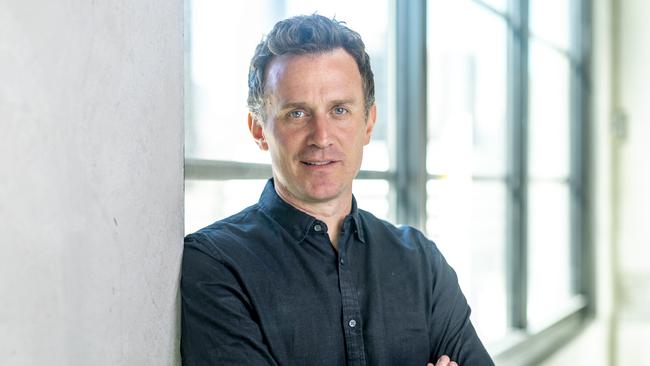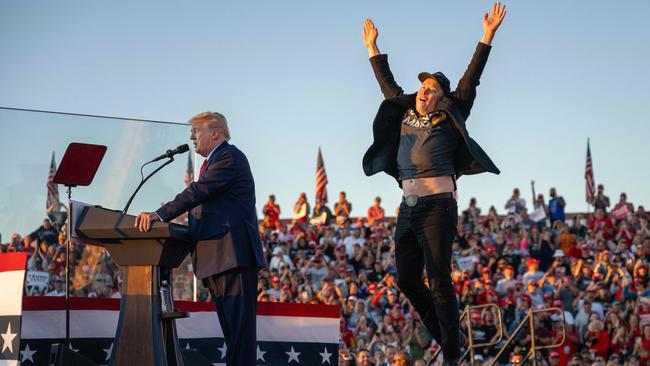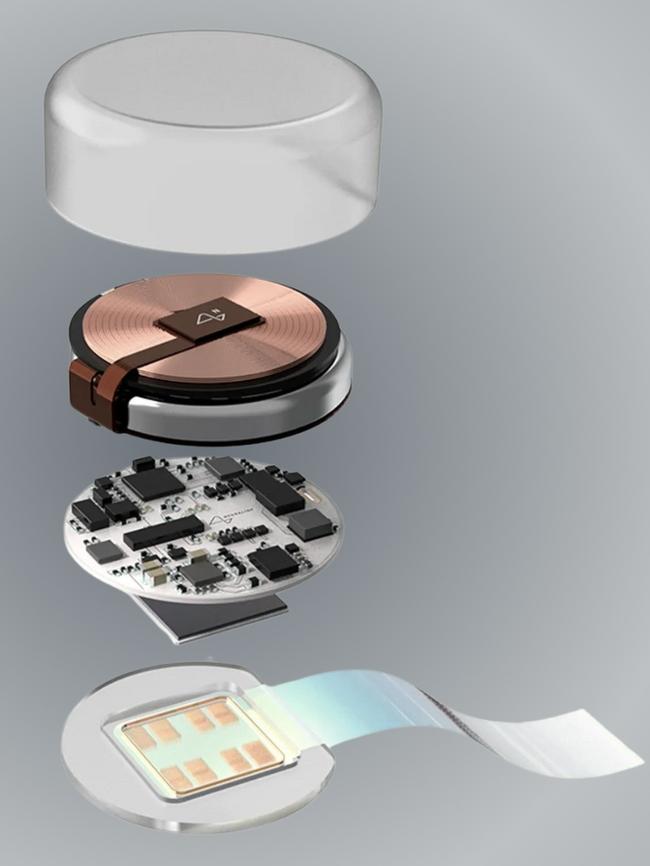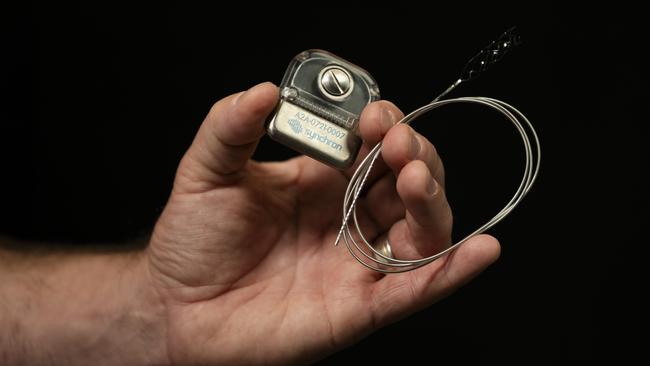Synchron boss Tom Oxley hails Donald Trump’s ‘positive impact’ on medical devices
Synchron CEO Tom Oxley hopes Donald Trump will revive a proposed a new rule – which Joe Biden pulled back – to get ‘breakthrough’ medical devices to more patients.

Tom Oxley, the Australian-born chief executive of brain chip company Synchron, has praised Donald Trump for having a “positive impact” on the medical device sector during Mr Trump’s previous tenure as US president – and is hoping he will revive his old policies.
Dr Oxley, who is now based in New York, is hoping Mr Trump will resurrect his support for Medicare coverage for breakthrough medical devices – funding that the Biden administration pared back.
When he was last president, in mid-2020, Mr Trump proposed a rule allowing US Medicare to approve coverage of some innovative medical devices the same day the products are approved by the Food and Drug Administration. This was designed to accelerate patients getting access to “breakthrough” medical devices to patients and buoy the $US189bn ($284bn) medical-devices industry.
But President Joe Biden changed the rule, affecting the number of devices that could be covered.
“Trump had a positive impact on medical device reimbursement coverage during his first term,” said Dr Oxley, who is also a neurologist at Mount Sinai hospital in New York.
“Biden pulled it back. Hopefully things shift back to supporting novel medical devices breaking into market. It is traditionally much harder to secure coverage for devices relative to pharma in the USA.”
Mr Trump will also have one of the biggest investors of brain computer chips in his administration – Elon Musk, who owns Synchron rival Neuralink.

Dr Oxley has previously praised Mr Musk’s foray into the brain computer interface market, but said the South African-born mogul would have to manage conflicts of interests, namely with the powerful FDA, as Mr Musk prepares to become the head of the Department of Government Efficiency – a new role Mr Trump has said he will create.
Mr Musk, who invested about $US118m into Mr Trump’s campaign, says he could save the US federal budget at least $US2 trillion as he adopts the same ruthless management style that he is renowned for at Tesla and X. “Musk will have to manage conflict of interest with government agencies that have oversight where his companies are concerned, including at the FDA and the device office,” Dr Oxley said.
Mr Musk founded Neuralink in 2016, and it has been lagging Synchron in the development of brain computer interfaces (BCI) – a market expected to be worth $US6.2bn by the end of the decade.
Synchron uses a less invasive procedure – which is similar to installing a stent – than Neuralink to allow people with paralysis to perform a variety of tasks with their thoughts. Its BCI has been incorporated into ChatGPT, Apple’s Vision Pro and Amazon Alexa.

Six people fitted with Synchron’s brain computer face have experienced no adverse effects during a 12-month trial, paving the way for a bigger study. Neuralink – which has raised more than $US600m to invest in research – has implanted its chip in the brains of two people, saying it has overcome earlier setbacks that almost derailed its first patient’s implant after its performance deteriorated.
“It’s great that Elon is focused on this problem. It’s hard to see where the ceiling with this technology goes,” Dr Oxley told The Australian earlier this year.





To join the conversation, please log in. Don't have an account? Register
Join the conversation, you are commenting as Logout